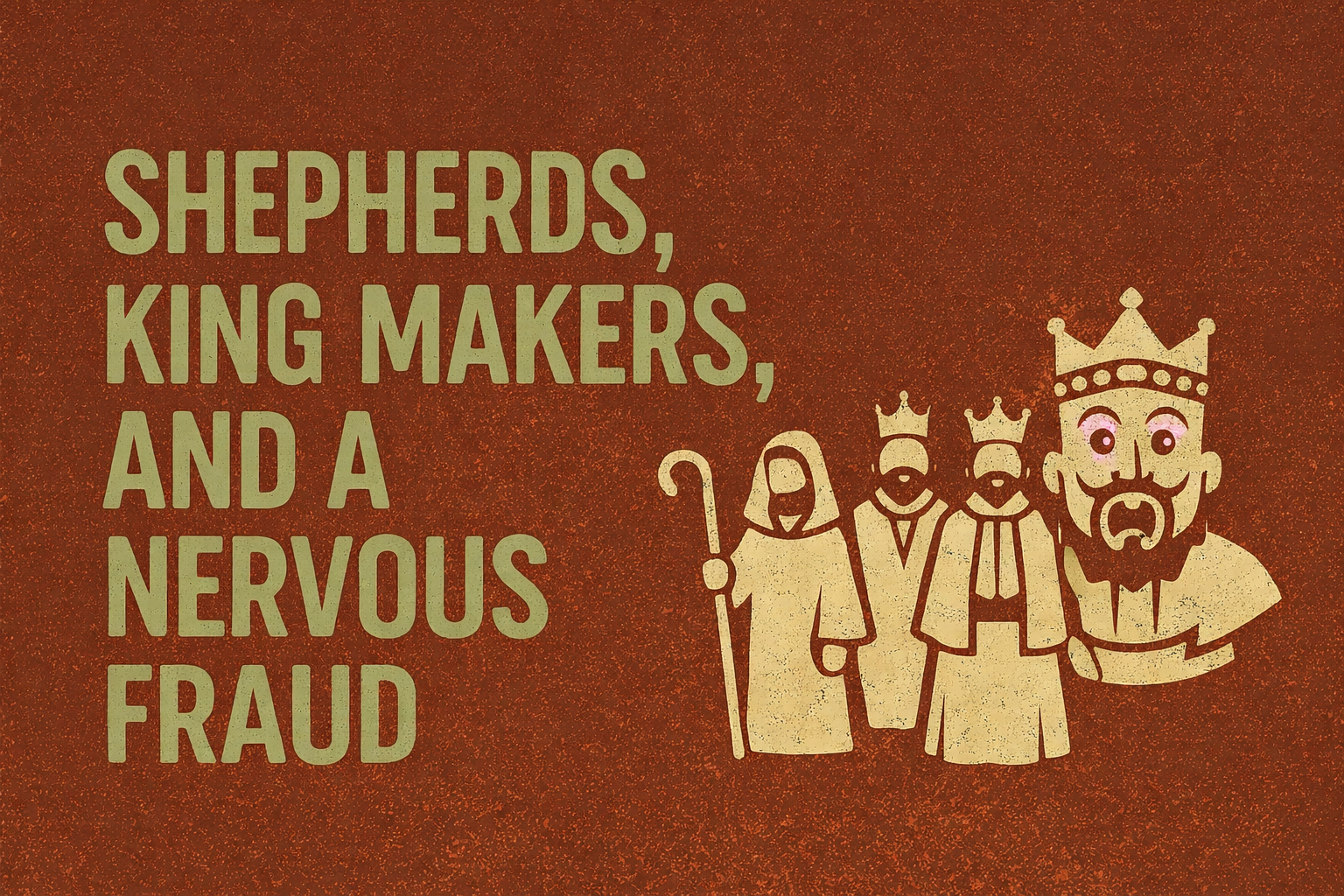“If you love me, you will keep my commandments.” (John 14:15)
The church often reads this passage as a guilt-trip from Jesus. Perhaps we imagine these words in the light of an attempt to dissuade his disciples into obedience through means of shame. Essentially, we spin this Scripture and assume Jesus says, “you either keep my commandments or you do not love me…and if you don’t love me, there are consequences!”
After I fell in sin recently, those words of Jesus rose from the core of my being through the Holy Spirit. As I groaned and loathed the fact that I did that which I did not want to do (Romans 7:15), the Holy Spirit plunged into the dark, chaotic, ruined chasm of my mind and unlocked a secret.
This is not guilt. There is no threat in these words. Rather, there is a precious, and oft hidden, promise. This is an invitation.
The litmus test of our obedience to Jesus Christ hinges on our love for him. Who opposes and wars against that which they love? Who loves their dog yet treats it with cruelty? Who loves their brother yet abuses him? No explanation justifies such absurdity. We obey and follow and pursue thatw which we love.
Jesus loved, and loves, us perfectly. “There is no fear in love, but perfect love casts out fear. For fear has to do with punishment, and whoever fears has not been perfected in love” (1 John 4:18). If we fear punishment, we have not been “perfected in love.” If we love him, we keep his commandments, because we live from the knowledge that he loves us perfectly and that we have full acceptance in him, for “already you are clean because of the word that I have spoken to you” (John 15:3). He loved us with a perfect love so that we could be free from fear and punishment forever and enjoy and bask in the superior pleasures of obedience and righteousness.
If, on the other hand, we love God strictly for what he gives to us, we will find ourselves burdened in our pursuit of obedience. When we sin, we will live in fear of losing what we have or believe we have coming, rather than living in obedience out of joy because we love, trust, and believe in him. To love him is to obey. The two are inseparable.
So, rather than bang the drum of religious obedience in our ears, this Scripture invites us into love. He calls “come and love me! Come and see all that I am for you! Come and taste the goodness of my love!” Obedience rises out of love. If you love him, you will discover his commandments are in fact, as he says, not burdensome, but rather, part of the basis of our joy (1 John 5:3).
As Jesus appears to Peter and the disciples for one final, momentous, and weighty occasion, he poses a question to Peter. “Do you love me?” (John 21:17). After Peter confesses with desperation and insistence, Jesus commands him “feed my sheep” (John 21:17). It follows in a natural sequence. Love merits obedience. Jesus first inquires about Peter’s love before he demands his obedience. We will birth obedience solely from a place of love. Effort, striving, and clenching our fists may produce quick-fix results, but these temporal changes will soon dissipate in the face of increased temptation and desperate circumstances.
How then will we grow in love for Jesus Christ? We must be with him. We must treasure his word. We must rejoice in thanksgiving and worship. We must seek him in prayer. And we must hold him as our supreme treasure, a strong tower which rises far above all else and has no rival.




